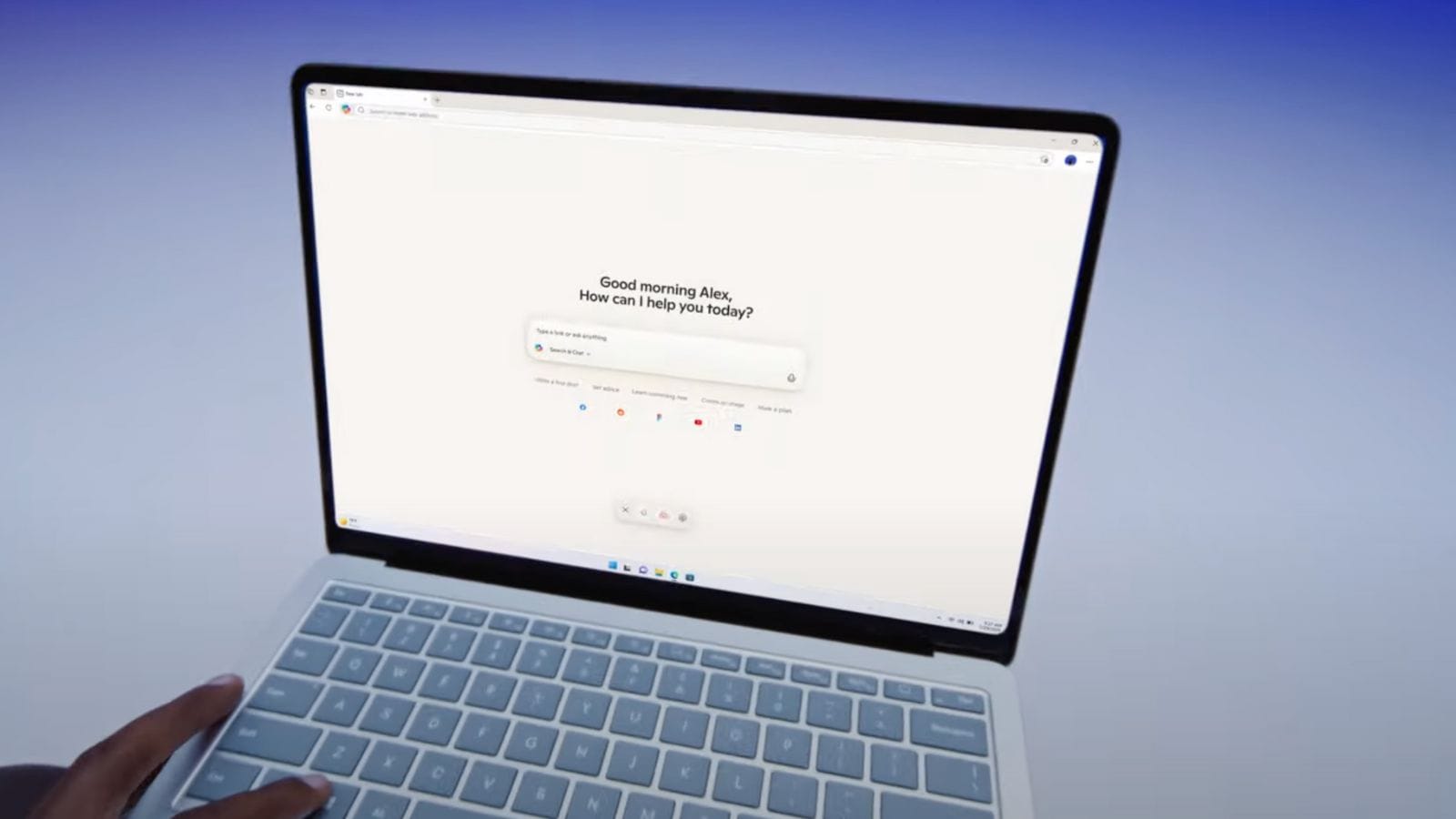At a time when big tech is working towards introducing AI into their browsers, Microsoft is not far behind. The tech giant on Monday, July 28, endowed AI capabilities to its Edge browser with a new feature—Copilot Mode.
With Copilot Mode, users can now xsurf the internet and take advantage of AI. According to the company, the Copilot Mode can assist users in their search requirements. The new feature offers faster research in fewer clicks. In case a user allows it, the Copilot can also work around all tabs and browsing history.
The new feature intends to enhance a user’s productivity. In simple words, if a user wants to look up airline information, they can ask the copilot to identify which site offers the cheapest options on the specific dates. They no longer need to switch tabs.
Microsoft said that the Copilot Mode is still an experimental feature. But users can still opt to use it as default, and it is currently available for any Mac or PC user that has access to Copilot.
When activated, Edge users will see a new tab page where they can use Copilot to search, communicate, and browse the web. They can also ask Copilot for additional assistance when they are on a particular webpage. Microsoft demonstrates how a user may ask the AI companion if a recipe they are viewing could be converted to vegan, and Copilot will recommend alternatives.
According to Microsoft, Copilot can manage several chores for a user, including making grocery lists, scheduling appointments, and writing content. Microsoft also claims that as Copilot Mode is just introduced, it consists of just a few key elements, and with time it will increase its capabilities.
Multitab context
Copilot can see all open tabs to determine what the user is browsing if a user grants access. If they’re conducting online research or comparing products, such as comparing the costs of hotels or flights across several websites, this could be helpful. These are use cases for AI chatbots, but baking it into the browser could speed up the process of translating the user’s needs to the digital helper.
Story continues below this ad
Voice assist
Copilot also offers voice input, which could be helpful for people who have less knowledge about AI or have limited mobility while making bookings online.
According to Microsoft, users will eventually be able to provide Copilot with the extra information it needs, such as login credentials or history, to handle more complex operations, such as reservations. It’s a little more manual for now.
Furthermore, they say that Copilot can be added to any webpage without losing its position. Copilot displays in a dynamic window while maintaining the original page’s visibility, whether it is translating content or converting recipe measurements. It’s ideal for getting to the information you need quickly and avoiding distractions like pop-ups and lengthy blog entries.
Lastly, according to Microsoft, in the future, Copilot will also suggest next actions for users to continue where they left off on a project or topic they’re exploring.
Story continues below this ad
The tech giant also emphasises that Copilot will only have access to a user’s browser content when that user consents and that the end user will be made aware of this through visible indications.
© IE Online Media Services Pvt Ltd

